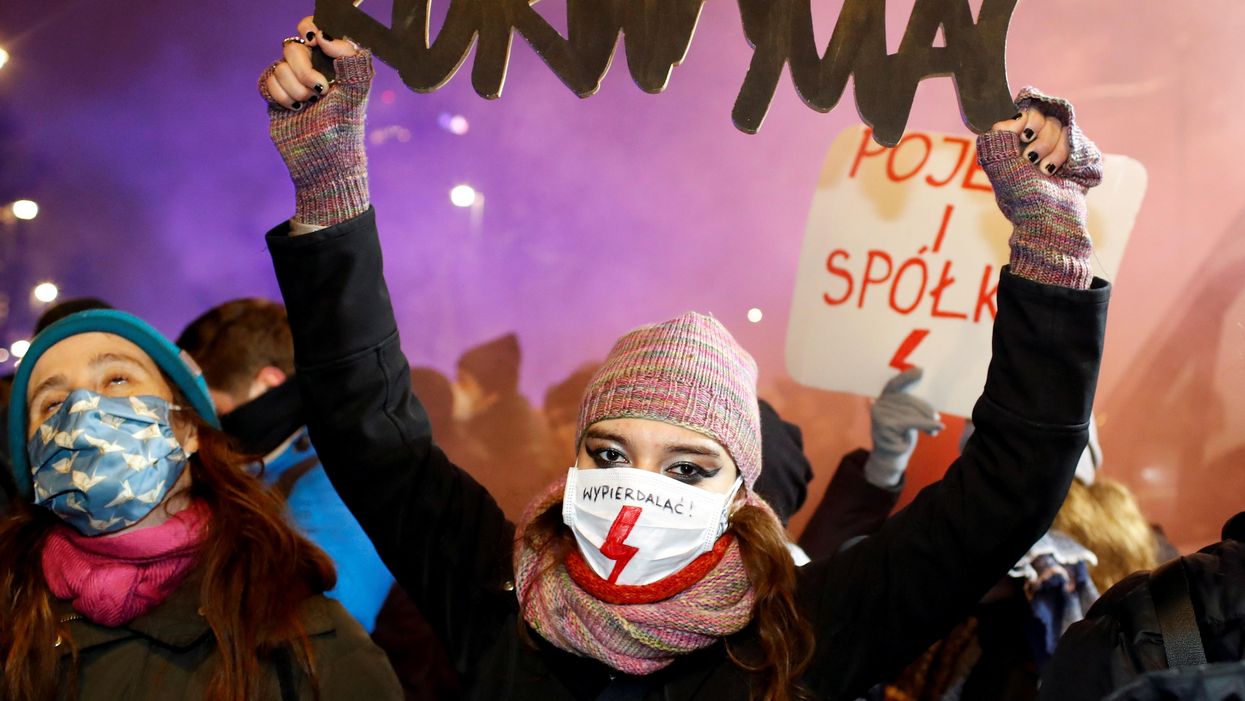US Politics In 60 Seconds
SVB political fallout ... not as dramatic as you think
Who does Washington blame for the Silicon Valley Bank collapse? Jon Lieber, head of Eurasia Group's coverage of political and policy developments in Washington, DC shares his perspective on US politics.
Mar 16, 2023

